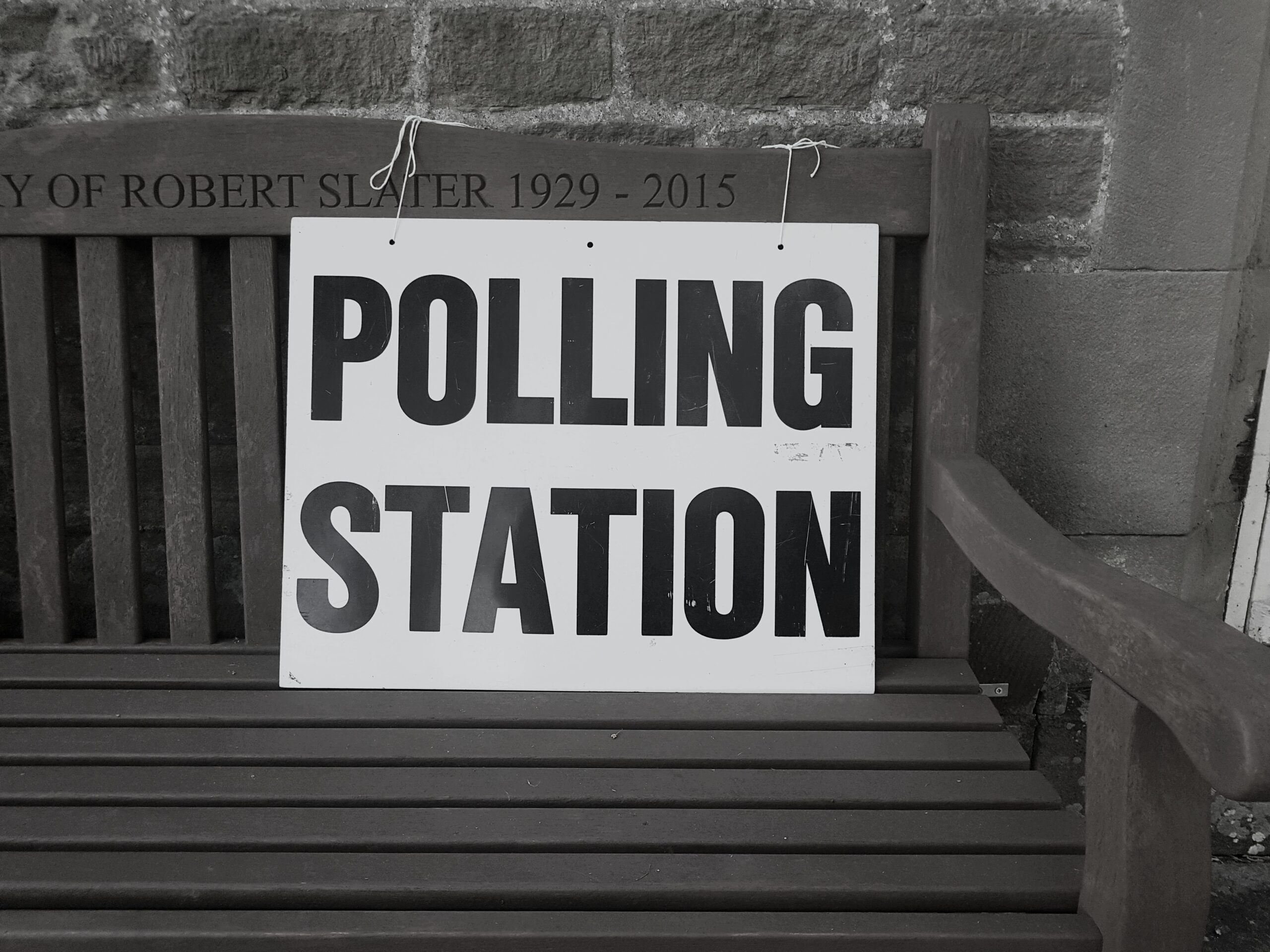8 July 2021
Batley and Spen
Starmer’s lesson.
By John Watson
 Mr Micawber would have understood. Three hundred more votes: result happiness. Three hundred fewer votes: result misery. Three hundred is not a high number at all. Factors such as the weather, the spoiling campaign by George Galloway and the attractiveness of the Labour candidate could all move the needle by more than that amount. Yet at Batley and Spen it made all the difference. Had Labour lost, Sir Keir might have faced a challenge from his deputy Angela Rayner. As they won, he has some breathing time. What should he do with it?
Mr Micawber would have understood. Three hundred more votes: result happiness. Three hundred fewer votes: result misery. Three hundred is not a high number at all. Factors such as the weather, the spoiling campaign by George Galloway and the attractiveness of the Labour candidate could all move the needle by more than that amount. Yet at Batley and Spen it made all the difference. Had Labour lost, Sir Keir might have faced a challenge from his deputy Angela Rayner. As they won, he has some breathing time. What should he do with it?
There are plenty offering their advice. His style being considered and cautious, the media naturally call for him to become less so, becoming more macho and aggressive and pressing a masterplan on the nation. Well, they have to fill their columns somehow, but for Sir Keir the wise course is to tie himself to the mast and ignore the siren calls. For a start he would be foolish to distort his natural style. Other politicians may rely on bombast. Others too will mount an attack which they know to be unfair provided that it will deliver a political advantage. These approaches would not suit Starmer. One of his attractions is his palpable honesty and decency and, even if that does not deliver ratings now, things might be very different if, as is not impossible, the public come to the conclusion that they have had too much verbosity and hubris from their leaders. Anyway, a politician who moves away from his natural style to please the media is sure to make a mess of it. Starmer should deal with his politics in the way that comes naturally to him.
The call for a masterplan is more interesting. Here, curiously, he and Boris are in much the same place. They both know that environmental concerns and the need to spread opportunity mean that we are going to have to change the way we live and that many of the changes needed to achieve this are going to be unpopular unless a radical programme can be sold to the public. Both of them know that developing and advocating the proposals is a difficult and risky business so not surprisingly they hesitate and move cautiously, shifting from foot to foot rather than simply diving in. What does that remind you of? Why penguins of course. Penguins standing on an iceberg hesitating because although they need to dive in for a meal there might be a shark underneath. What do penguins do? They shuffle about until one of them falls in while the rest watch to see what happens to it. Although neither of them would admit it, each of Starmer and Johnson would like to see the other take the plunge and watch how the public react. What better way is there of developing proposals than to see how others go wrong?
And here Starmer has the advantage that Johnson is in government and that at the next election he will be judged on the progress he has made on the big issues so that he needs to develop his programme and put it into practice. All things being equal, then, you would have thought that Starmer could simply sit and wait. Things, however, are not quite equal because while Johnson leads the Conservative party which generally takes its reforms in small steps and feels its way cautiously, Sir Keir’s troops are Labour, a party which loves theoretical ideas and accordingly has less tolerance of indecision. He must therefore give enough certainty to keep his supporters onside.
Still, a decision on whether to commit to policies early will determine not just political advantage but also the quality of the proposals which will emerge. It is always tempting for a politician, and in particular a socialist politician, to start with a series of principles and to work out policy by applying them. That is a straightforward simplistic way of approaching matters but as a policy-making system it is distinctly second-rate. Of course a politician has to be conscious of political theory and philosophy but in the end the best decisions come from a balanced judgement rather than from applying rules. Judgement takes time and should not be too hurried. Sir Keir, should he ultimately take power, will be better fitted to govern if he has taken time to formulate his views. From the nation’s point of view, therefore, he should not be harried into making quick decisions.
This slim majority at Batley and Spen must mean that the outcome depended significantly on luck. Like Napoleon, this column has a regard for lucky generals and that extends to lucky politicians too. The pressure is off the Labour leader for a moment but rather than regarding the closeness of the result as a warning that things need to change, he should thank his luck, press on as before and allow his policies to emerge in their own good time. It may mean difficulty in the short term but it could provide the basis of successful government in years to come.
tile photo:Steve Houghton-Burnett on Unsplash


